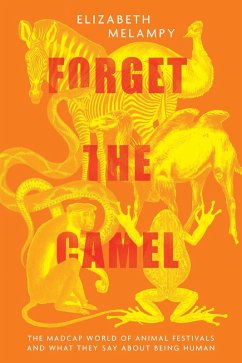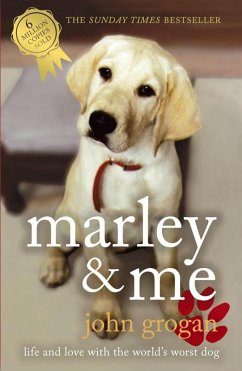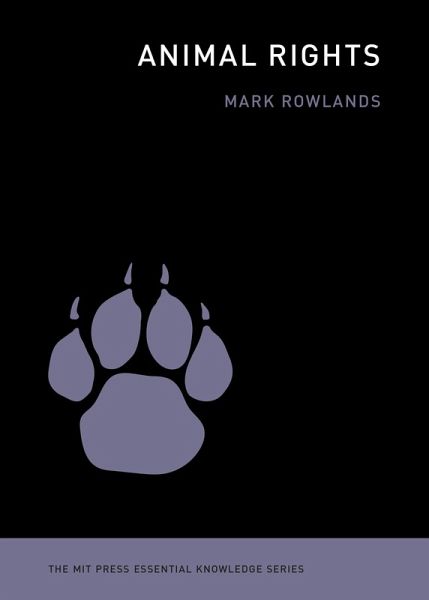
Animal Rights (eBook, ePUB)

PAYBACK Punkte
5 °P sammeln!
A fresh view of animals and what we owe them. Do animals have moral standing? Do they count, morally speaking? In Animal Rights, Mark Rowlands argues that they do and explores the implications of this idea. He identifies three different waves in animal rights writing. The first wave was defined by a traditional dispute between utilitarianism (represented by Peter Singer) and rights-based approaches (represented by Tom Regan) to ethics. The second wave was defined by an expansion in a conception of ethics, which saw utilitarian and rights-based approaches supplemented by other ethical tradition...
A fresh view of animals and what we owe them. Do animals have moral standing? Do they count, morally speaking? In Animal Rights, Mark Rowlands argues that they do and explores the implications of this idea. He identifies three different waves in animal rights writing. The first wave was defined by a traditional dispute between utilitarianism (represented by Peter Singer) and rights-based approaches (represented by Tom Regan) to ethics. The second wave was defined by an expansion in a conception of ethics, which saw utilitarian and rights-based approaches supplemented by other ethical traditions, including contractualism, virtue ethics, and care ethics. The third wave was defined by an expansion in our conception of animals, driven by exciting new developments in the field of comparative psychology. Each of these waves had ramifications for how we understand the moral status of animals, but, this book argues, and reinforces, the core idea that animals deserve moral respect. In earlier waves, discussions of animal ethics had been focused on the issue of animal suffering. But the third wave is defined by the idea that animals are far more than merely sufferers or enjoyers of experiences but are instead authors of their own lives: creatures capable of choosing how to live, shaped by a conception of their life and how they would like it to go. Rowlands writes that, no matter what moral theory you choose, the most plausible version of that theory entails that animals have moral standing and that our obligations to them are far more substantial than many of us care to acknowledge.
Dieser Download kann aus rechtlichen Gründen nur mit Rechnungsadresse in A, B, BG, CY, CZ, D, DK, EW, E, FIN, F, GR, HR, H, IRL, I, LT, L, LR, M, NL, PL, P, R, S, SLO, SK ausgeliefert werden.




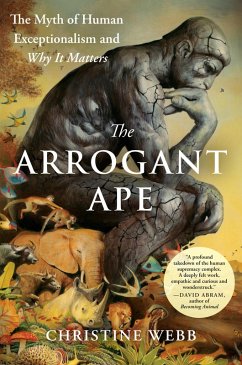

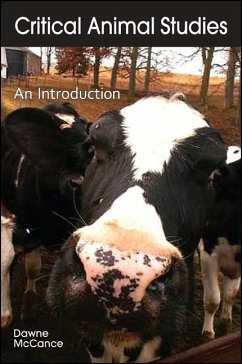

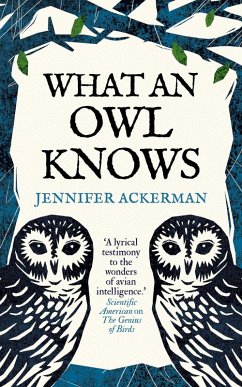

![Some We Love, Some We Hate, Some We Eat [Second Edition] (eBook, ePUB) Cover Some We Love, Some We Hate, Some We Eat [Second Edition] (eBook, ePUB)](https://bilder.buecher.de/produkte/61/61294/61294953n.jpg)

